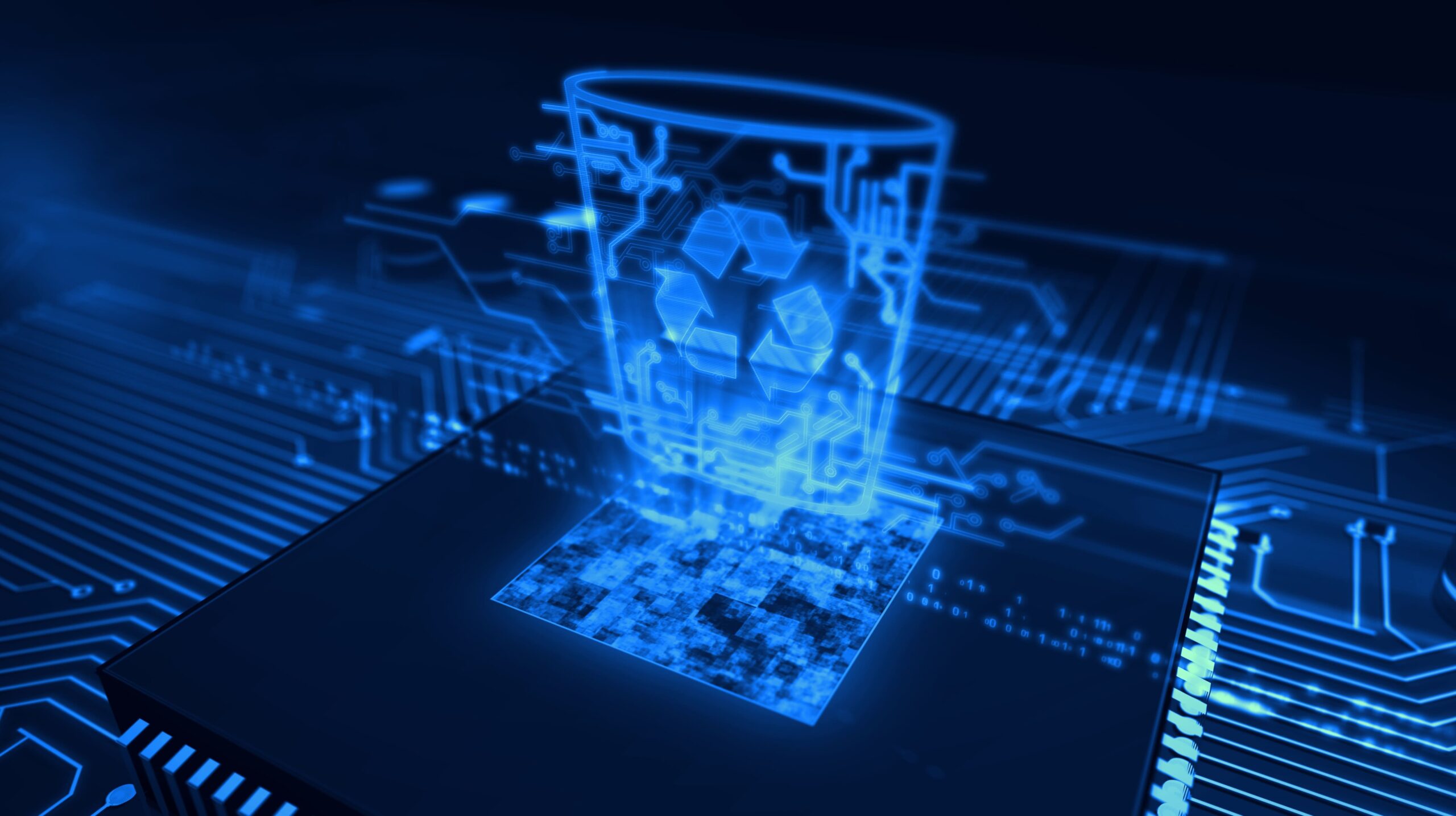advertisement
AI Use To Recognize Waste for Processing and Recycling

Artificial Intelligence continues to surpass expectations with its latest breakthroughs. It has demonstrated its ability to recognize recyclable waste. According to the World Bank, approximately 2.24 billion tonnes of solid waste was produced in 2020 and the figure is likely to increase by 73% which translates to 3.88 billion tonnes by 2050.
Plastics pose the greatest challenge with over 8.3 billion tonnes generated since the 1950s till 2015, according to research by the Universities of Georgia and California. This is a matter of concern, especially to Mikel Druckman, Founder of Greyparrot, a UK start-up that has created an AI system designed to analyze waste processing and recycling facilities.
Mikel Druckman spent a lot of time observing the cumulating waste which led her to discover the groundbreaking innovation that will clear waste and safeguard the environment.
advertisement
“In a single day you will have mountains of waste in one facility coming through, and what’s very shocking and surprising is that it never stops,” she says. “There are no holidays for waste, it just keeps coming.”
GreyParrot has equipped around 50 European waste facilities with AI-powered cameras, enabling real-time analysis of materials on conveyor belts. Training the AI system to recognize crushed and dirty items, like a crumpled Coke bottle, proved to be a challenge.
Currently, Greyparrot’s systems now track 32 billion waste projects annually, creating a valuable digital waste map that enhances operational efficiency for waste managers and can be used widely. Ms. Mikel adds, “It is allowing regulators to have a much better understanding of what’s happening with the material, what materials are problematic, and it is also influencing packaging design.”
advertisement
Mikel acknowledges that climate change and waste management are interlinked and stricter rules be imposed to change our consumption criteria and how we design packaging, it could significantly have a huge impact on the value chain and how we are using resources. She hopes that bigger brands and other producers will start utilizing data generated by firms like GreyParrot and generate more reusable products.
Similarly, Troy Swope, who owns a business dedicated to producing better packaging, replaced Gillette’s plastic razor trays with ones made of plant-based fiber. Mr. Swope claims that consumers are being misled by the “myth of recycling” referencing a plastic salad container that was labeled” ready to recycle” inquiring as to what that meant. He believes that the only way out of the plastics crisis is to stop depending on it entirely.
“We’ve seen a lot of claims about eco or green packaging, but sometimes they are not backed up with real fact and can be very confusing for the consumer,” Mikel says. Polytag, a UK firm, utilizes ultraviolet tags on plastic bottles to inform retailers about recycling numbers. The tags are read by a machine, and the number is uploaded to a cloud-based app for real-time tracking. Polytag has collaborated with UK retailers Co-Op and Ocado.
advertisement
Additionally, the UK government, along with Wales and Northern Ireland, plans to launch a deposit return scheme in 2025, incentivizing recycling through “reverse vending machines” located in shops and other public areas, where people will be able to deposit used plastic bottles and metal drinks cans and receive monetary reward of around 20 pence per item.
The trend of coming up with new waste disposal methods remains challenging. However, every action taken is a step toward a brighter future.